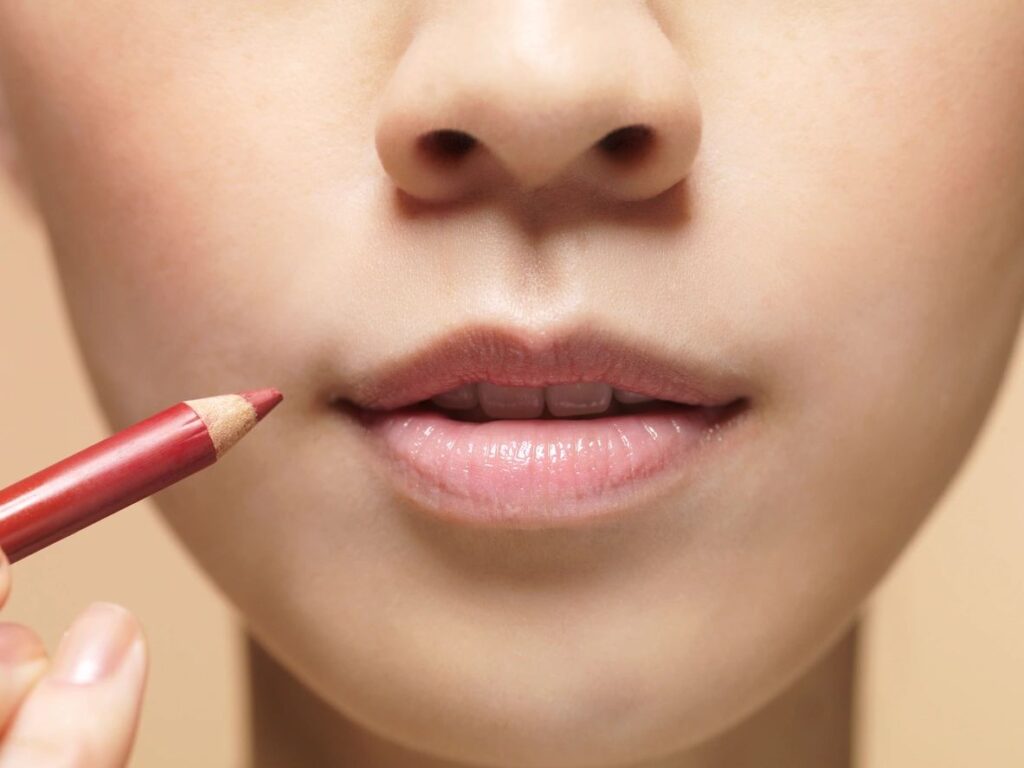Maintaining hydrated lips involves understanding factors like moisture loss and protection. Regularly apply a nourishing lip balm with natural ingredients to prevent dryness, stay hydrated, and avoid licking your lips. Gently exfoliating helps remove dead skin, while using SPF provides protection against sun damage for healthier lips.
Understanding Lip Skin: Why It Needs Special Care
Lips are unique in their makeup, having a much thinner layer of skin compared to other body areas. They lack the sebaceous glands that usually keep other skin areas nourished with natural oils, so lips are often drier and more susceptible to damage. Even minor wind, cold, or sun exposure without these protective oils can leave lips feeling dry or chapped. Regular care can mitigate these effects significantly. More luxurious treatments like the LUXE lip hydrator can provide profound moisturizing benefits, helping restore and preserve the smoothness and plumpness of your lips.
Common Causes of Lip Dryness
Lip dryness can be attributed to various factors, from environmental conditions to dietary habits. Cold, windy weather can draw moisture away from lips, much more than we often expect. Indoor heating during colder months further depletes moisture in the air. Meanwhile, while seemingly harmless, lip-licking and biting habits strip away protective barriers. Some medications can lead to dehydration, further affecting lip moisture. Dermatologists suggest that nearly one in five adults suffer from parched lips at some point, underscoring the importance of a proactive lip care routine.
The Importance of Staying Hydrated
Hydration is the foundation of healthy, resilient lip skin. Accurate water intake is recognized as a cornerstone of Hydration and Skin Health. It supports cellular processes crucial for skin restoration and elasticity. Lips display dehydration symptoms faster than most visible skin areas, as they lack the melanin for UV protection and the thickness to retain moisture effectively. By ensuring regular water intake, individuals can lessen the severity of dry lip episodes and bolster overall skin health.
Natural Remedies for Lip Care
You don’t always need to use store-bought solutions to treat chapped lips. Several natural, cost-effective remedies can equally provide relief. With its potent moisturizing qualities, coconut oil is a powerful emollient to lock in moisture. Honey’s natural antibacterial properties not only hydrate but also help heal any minor abrasions. Aloe vera provides a soothing sensation while repairing the skin. Here’s a quick recipe for a natural lip balm:
- Melt one tablespoon of coconut oil.
- Mix in a teaspoon of honey.
- Let it cool.
- Apply gently with clean fingers.
The Role of Diet in Lip Health
A nutrient-rich diet significantly supports the health of your lips and the rest of your skin. Omega-3 fatty acids preserve the skin’s barrier function and vitamin E, well-known for its antioxidant qualities that prevent oxidative stress from external sources, are two nutrients that support skin health. Vitamins from fruits, nuts, and leafy vegetables become vital allies in achieving healthy lips. To get an in-depth understanding, explore these Dietary Tips for Healthy Skin and see how they can positively impact your daily routine.
Choosing the Right Lip Care Products
Selecting the right products can be daunting in lip care solutions. Prioritize items by listing hydrating ingredients such as hyaluronic acid, which retains moisture twice as fast as ordinary ingredients, and beeswax, which forms a protective barrier on the lips. Avoid formulations with unnecessary fragrances or flavors, as these may irritate sensitive skin. Focusing on gentle, practical components allows you to tailor a consistent lip care routine optimal for daily use.
Protecting Lips from Environmental Factors
Environmental elements can have a notable impact on the health of your lips. Sun exposure can lead to discomfort and increase the risk of long-term damage without proper protection. Using a lip balm with SPF helps guard against harmful UV radiation. Additionally, wearing a scarf in cold and windy conditions or indoors with heating systems can prevent moisture loss. Simple precautions can keep your lips feeling and looking their best.
FAQs About Lip Care
How often should lip balm be applied? Consistency is key. Some need it several times a day, especially in dry environments. It’s beneficial to use it again before sleep to restore moisture.
Can diet affect lip health? Absolutely. A diet lacking essential vitamins and fats can lead to chapped, unhealthy lips, while a balanced diet can fortify lip and skin wellness.
Are there any specific habits to avoid for healthier lips? Indeed, avoid regularly licking your lips; it might feel soothing momentarily, but saliva evaporates quickly, leaving lips drier than before.

